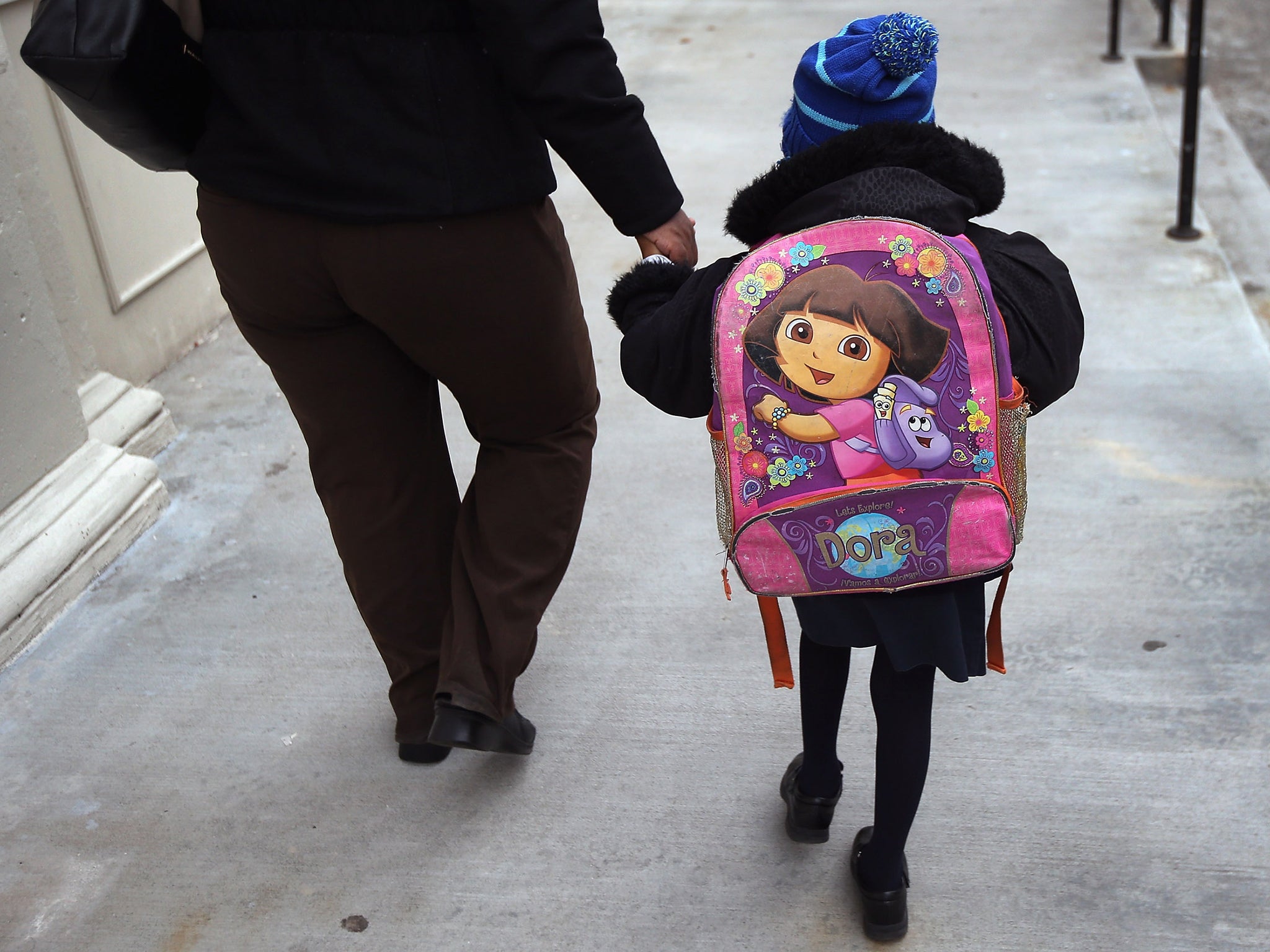Vulnerable children ‘may be trapped in care system’ as government quietly axes adoption scheme
Exclusive: Lords attempt to force U-turn amid warnings that youngsters with disabilities, from ethnic minorities and siblings at risk

Your support helps us to tell the story
From reproductive rights to climate change to Big Tech, The Independent is on the ground when the story is developing. Whether it's investigating the financials of Elon Musk's pro-Trump PAC or producing our latest documentary, 'The A Word', which shines a light on the American women fighting for reproductive rights, we know how important it is to parse out the facts from the messaging.
At such a critical moment in US history, we need reporters on the ground. Your donation allows us to keep sending journalists to speak to both sides of the story.
The Independent is trusted by Americans across the entire political spectrum. And unlike many other quality news outlets, we choose not to lock Americans out of our reporting and analysis with paywalls. We believe quality journalism should be available to everyone, paid for by those who can afford it.
Your support makes all the difference.Ministers have been accused of putting vulnerable children at risk of being trapped in care by quietly axeing a successful scheme to speed up adoption.
It became more difficult to adopt disabled youngsters and those from ethnic minorities, as well as siblings, after social workers and agencies were told to use a commercial database, critics said.
An attempt to force ministers to think again will now be made in the House of Lords, during which peers will warn the private service is unable to find homes for the “hardest-to-place children”.
It will point out that 277 such children were successfully adopted last year through the state register, which has now been wound up.
Crucially, the switch has also scrapped a requirement – introduced in a blaze of publicity by David Cameron’s government – for all children to be registered after waiting 90 days.
Lord Trefgarne, the Conservative chair of the committee investigating the changes, told The Independent: “We are concerned that the statutory register has closed down before new arrangements are fully in place.
“The department is unclear about what will happen to the more difficult cases and we would like to know what will be done to mitigate the risk.”
The head of Coram, the UK’s oldest children’s charity – which has run the national register for the past three years – warned some of the most vulnerable children would slip through the net.
Dr Carol Homden said: “Agencies were required to register any child or adopter waiting after 90 days. This provision has now been lost, so there is a new risk some children will go unseen.
“In the last year alone, matches were found for 277 of the hardest-to-place children. These could all have been ‘advertised’ on the commercial system, which provides the solution for many, but they were not ‘chosen’.
“For hard-to-adopt children, any delay may already be too late. Many of the children we serve do not have the luxury of waiting for a new system to be embedded.”
The Association of Directors of Children’s Services has also expressed “concerns” about the “impact this could have on children who are waiting and adopters”.
The register was set up in 2001 and was given extra beef by Mr Cameron in 2012 – when children were waiting the best part of two years before being adopted.
Councils were ordered to use it if they could not find a match locally within three months, so a larger pool of parents was alerted.
In contrast, there is no requirement for a child to be registered with Link Maker, the private provider, which councils and agencies must pay to use.
Critics say that, while it provides a useful service, it will not pro-actively find matches for children who are not selected.
Nadhim Zahawi, the children’s minister, has rejected the criticism, in a letter to the Lords’ secondary legislation scrutiny committee.
He wrote: “Link Maker is well established in the market and, even when the register was still in operation, the vast majority of local authorities chose to pay a subscription to Link Maker.
Mr Zahawi said councils paid “around £5,000” for a subscription to the service, although some paid up to double that sum.
And he argued: “As well as a larger pool of adopters, Link Maker contains more hard-to-place children than the adoption register did.”
In a separate letter, Andy Leary-May, Link Maker’s chief executive, said: “In England, every local authority, regional adoption agency and voluntary adoption agency uses Link Maker.”
He pointed out its service had been extended to include fostering and residential care, adding: “Link Maker strongly believes that all children in care deserve the widest placement choice and the most child-focused matching decisions.”
The attempt to force a rethink will come on 18 June, when Lord Russell of Liverpool, an independent peer, will use the “regret motion” device.
The motion says the department has “failed to put forward satisfactory evidence to justify this decision, to offer a timetable and clarity about what will replace it and to explain clearly how it is mitigating the risk in the interim of a diminution of provision relating to children who may be harder to place”.
Join our commenting forum
Join thought-provoking conversations, follow other Independent readers and see their replies
Comments